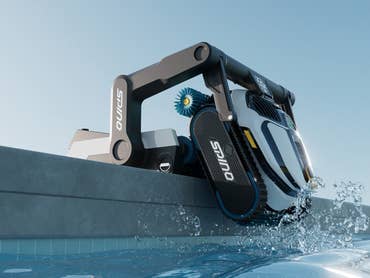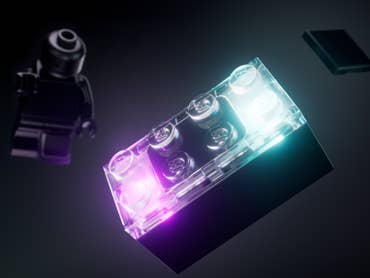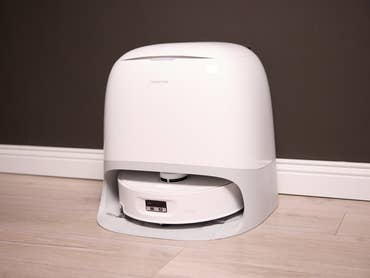Common Mistakes when using the Coffee Machine
Sooner or later, limescale clogs up the coffee machine. It makes the water cloudy, the taste dull, and the machine tired. Hence, you resort to the remedy that grandma already knew: vinegar. This sounds logical, smells strong, and works reliably against limescale. However, the coffee machine itself hates the stuff. Manufacturers such as Bosch explicitly warn against it. The reason is simple—acetic acid eats through everything that is not made of stainless steel. Rubber seals become porous, hoses burst, and plastic cracks. In short? If you descale like Grandma did, you will kill the appliance.
What’s Worse? The Health Risk
Vinegar in the coffee machine will not only lead to a mechanical fault, but also cause a chemical reaction. Many appliances still have components made of brass or copper alloys. If acetic acid comes into play, verdigris forms. This sounds like a form of patinated romance, but it is highly toxic. Verdigris is even used as a fungicide—a fungal poison. In coffee, it ends up uninvited in the stomach.
The result? Nausea, vomiting (often greenish in color), abdominal cramps, and diarrhea. In the worst-case scenario, there is a risk of liver damage, muscle pain, nervousness, and, in extreme cases, shock and organ failure. One sip too many can be enough to turn your morning pick-me-up into a medical emergency.
What Works Better
The good news? Descaling can be done without any destructive results. Manufacturers recommend their own cleaning agents—yes, these are more expensive than vinegar, but much gentler. If you prefer a cheaper option, use citric acid in powder form from the drugstore. It dissolves limescale without ruining seals and hoses. It also doesn’t produce any toxic byproducts in the water.
Another trick? Use a water filter, especially in areas with hard tap water, as it prolongs the life of the machine and makes the coffee taste purer. An investment that pays off—considering the cost of a new coffee machine.





